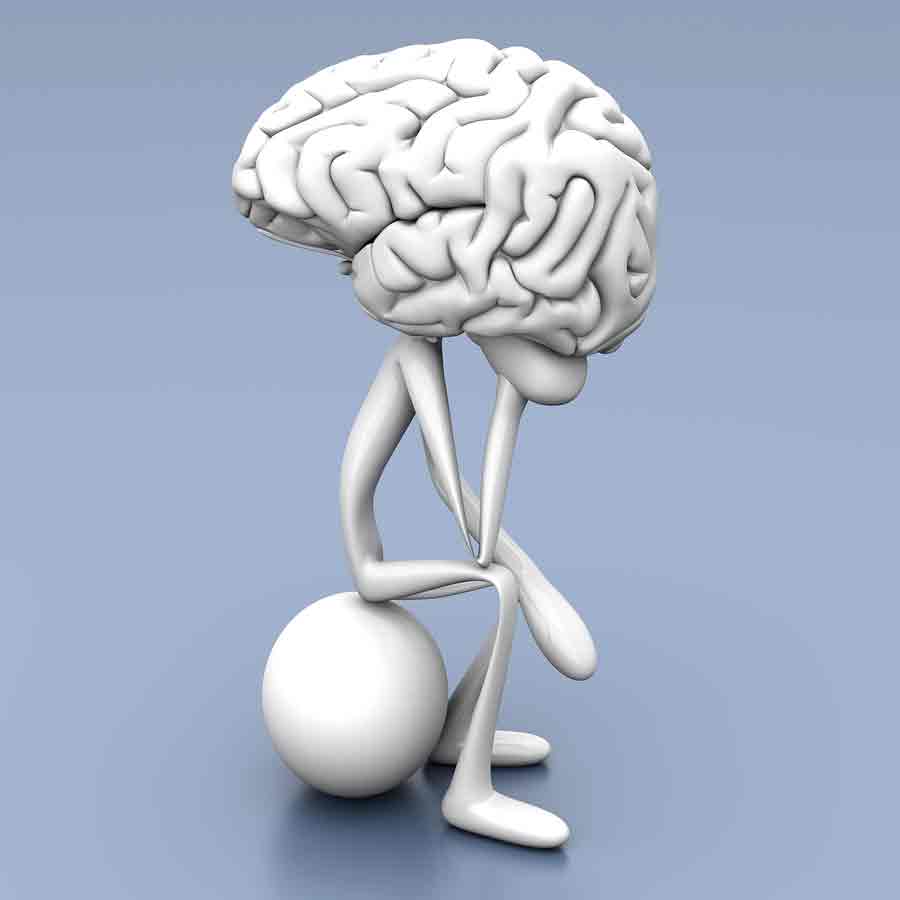Posts Tagged ‘lifelong’
Sensible decisions over hard prescriptions for lifelong brain health
Intelligence tests offer insight into ageing brain (BBC News): “Sixty-six years ago today, more than 70,000 10 and 11-year-old children across Scotland took an intelligence test…now they have formed the foundation of a remarkable research project which is producing valuable insights into what lies behind cognitive decline — or ageing of the brain…
Read MoreTop 10 Quotes on Lifelong Neuroplasticity and Neurogenesis (and a Call to eBook Readers)
You may have noticed that Amazon.com is sharing aggregated data on how ebook readers interact with the books they are reading. For example, the “Popular Highlights” section (towards the bottom of our Kindle book page) ranks the Top 10 sentences that Kindle readers have highlighted and shared while reading The SharpBrains Guide to Brain Fitness: 18…
Read MorePooling data to accelerate Alzheimer’s research
Very interesting article in the New York Times on the reasons behind growing research of how to detect Alzheimer’s Disease: Rare Sharing of Data Leads to Progress on Alzheimer’s (New York Times) (Situation before) Scientists were looking for biomarkers, but they were not getting very far. “The problem in the field was that you had many different…
Read MoreMetLife Mature Market Institute: Meaning, Purpose and Cognitive Health for a Lifelong Good Life
Increased longevity has generated many questions and much interest in healthy aging and retirement lifestyles over the recent decades. As Americans become educated regarding lifestyle choices that contribute to both physical and mental health, the definition of healthy aging has expanded to include brain health. The notion of retirement as a time of withdrawal from…
Read More

